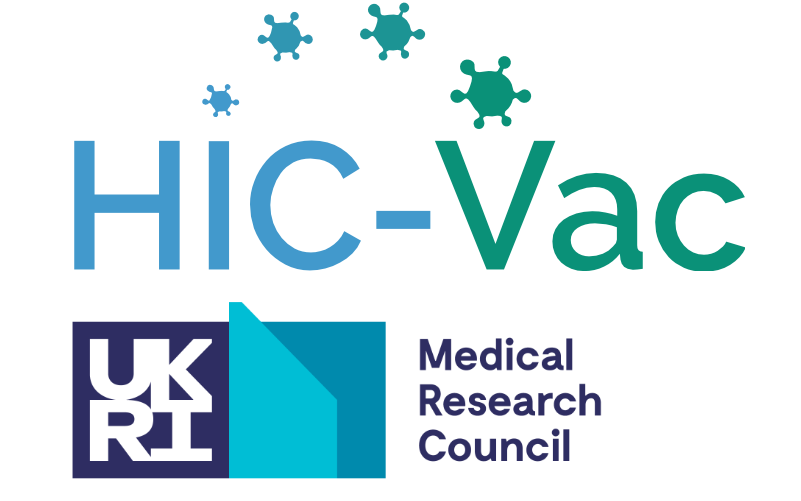Institute: Leiden University Medical Center
Preparing for Schistosoma mansoni controlled human infection studies in Uganda
Schistosomiasis is a parasitic infection which affects 440 million people worldwide. There is only one drug is widely available to treat this infection, so we need new medicines and vaccines to prevent the infection. To accelerate their development, the Leiden University Medical Center has shown that it is possible and safe to experimentally infect healthy volunteers with this parasite, monitoring the development of the worms using a new diagnostic test.

Image: Davies Laboratory Uniformed
Services University, Bethesda
Vaccines and new medicines are most needed for populations where schistosomiasis is common, especially in sub-Saharan Africa. However, the responses to vaccines and medicines are likely to be different in Africa when compared to healthy volunteers from developed countries, due to environmental and genetic diversity and previous exposure to schistosomes.
The Leiden researchers are now working with colleagues from the Uganda Virus Research Institute (UVRI) to set up the same experimental infection model in Uganda. The UVRI team has years of experience in performing clinical trials in the Lake Victoria population which is heavily infected with schistosomiasis. For our project, the teams will combine expertise to provide pivotal proof-of-concept data to show that experimental infection with schistosome parasites is also feasible in Uganda. The establishment of the experimental infection model in Uganda is needed to fast-track testing of novel vaccines and medicine for schistosomiasis.
More about Dr Meta Roestenberg here.

